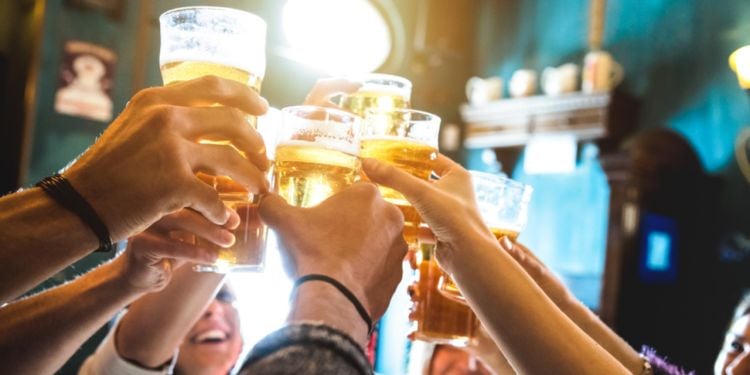
As it is such a vibrant and diverse city, it should come as no surprise to learn that Brussels is home to many different cultures and people from different backgrounds. While many people joke that it's hard to meet an actual Belgian in the city, Brussels's unique culture and way of life shine forth in many ways. Here are some things to remember when adjusting to the local culture in Brussels.
The fantastic capital of Brussels
While it's often overlooked in favor of neighboring Paris, Amsterdam, or Berlin when discussing remarkable capitals, Brussels and its residents are rightly proud of its international flair and the fact that it's the heart of Europe.
Despite its international prestige and the wealth of influential institutions in the city, Brussels doesn't take itself too seriously, and there's a very laid-back feel about its streets. You'll notice lots of quirky art installations scattered about town, and the city is also famous for its colorful comic strip murals, as Belgians are very fond of bande-dessinées (or BDs).
Eating and drinking in Brussels
While people in Brussels work hard, they also like to enjoy themselves. So you'll find lots of fantastic bars and restaurants wherever you go. The cuisine on offer is very varied and is usually of excellent quality. Consequently, few large fast-food chains have installed themselves in the city yet. If you are looking for quick, simple, and tasty food, people in Brussels usually head to the nearest fry shop to enjoy some delicious fries.
Belgium and Brussels also have a vibrant drinking culture; Belgian beers are among the world's best. Indeed, most bars have an extensive list for you to choose from, and everyone has at least a few favorites they prefer to drink. Each beer has its special bottle, glass, and pouring technique, and everyone who lives in Brussels knows a bit about beer, as drinking them is such a great national pastime. While many of them are much stronger than beer in other countries, it's rare to see any Belgian worse for wear from drinking too much.
Locals of Brussels
Although Belgians are mostly friendly and welcoming people, depending on where you go in Brussels, it's rare to meet any. This is partly due to the family's central role in Belgians' lives. Indeed, many people will keep the same friendship group from school or university, and many of them stay in the town where they were raised. For instance, every day, the population of Brussels swells as people from Flanders pour into the city to go to work, and every evening, they head back to their hometown.
Also, Belgians can seem a bit colder and distant than, say, Americans. However, this doesn't necessarily mean they're not up for new friendships; you would have to work at it.
Despite this perhaps conservative side, Belgians are very civic-minded, and Belgium has one of the most egalitarian societies in the world. Indeed, it has one of the highest tax rates around, and partially because of this, the country has a highly educated population and one of the best healthcare systems in Europe. The work-life balance is outstanding in Brussels, so you'll find that nearly all shops and supermarkets close a lot earlier than they would in other European countries.
Languages spoken in Brussels
While nearly all Belgians speak at least two or three languages, it's still well worth attempting to learn French or Dutch when you arrive, as people will appreciate the effort, and this will help you to adjust to the local culture quicker. It's often confusing to know what language to speak in Brussels, but all you have to do is ask if you're unsure.
It's not without reason that so many expats now call Brussels home, mainly due to how easy it is to get into the swing of things. Neither too big nor too small, it's just the proper size city, and the welcoming and vibrant culture that's to be found in the capital is fascinating to explore.
After a day or two, grab a “Sprout to be Brussels” badge, pin it on your bag, and you'll fit right in.
We do our best to provide accurate and up to date information. However, if you have noticed any inaccuracies in this article, please let us know in the comments section below.
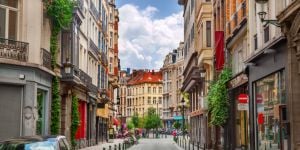

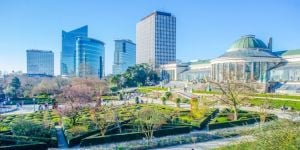
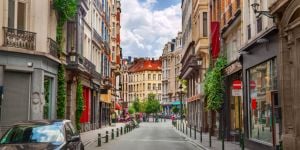



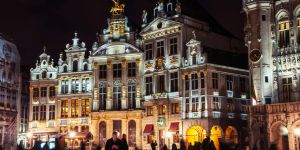




Comments